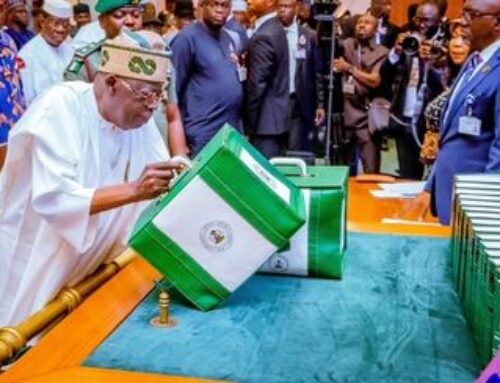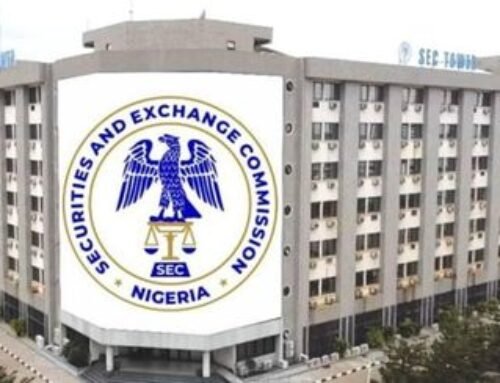
When Governments are unable to fund all bills and activities using revenue generated alone, the need for borrowing arises. Public debt represents all outstanding debt arising from loans, bonds or other securities by a country’s central government. It is usually expressed as the ratio of Gross Domestic Product (GDP).
A public debt ceiling is the maximum limit set on the stock of public debt of a country and it is legally imposed. For developing countries like Nigeria, the World Bank and International Monetary Fund (IMF) recommends a debt limit of not more than 55% of GDP.
The Debt Management Office (DMO) is the agency responsible for managing Nigeria’s Public debt. In pursuant to the Medium-Term Debt Management Strategy (MTDS) 2020-2023 by DMO, the country’s debt limit was restructured from 25% to 40%.
The DMO explained that the strategy “seeks to meet its financing needs, taking into consideration the cost of borrowing and the associated risks, while ensuring debt sustainability in the medium to long-term.”
Nigeria’s Total Debt Stock (foreign and domestic) has hit NGN 42.88 trillion and Total External Debt is about 38.8% of this amount as at June 30, 2022. This was disclosed in the Nigeria public debt report, recently released by the DMO.
Although, Nigeria remains within its debt limit, Debt Service-to-Revenue Ratio remains high. Recently, this has raised concerns around debt sustainability and the pertinent question should be “How did we get here?”.
The Country’s overreliance on crude oil and borrowings to fund its operations, while neglecting the development of other income streams is worrisome. A recent report by the World Bank – “Nigeria Development Update (NDU)- November 2021”, stated that “the Consolidated Revenues in Nigeria continue to be among the lowest in the world (6.5 percent of GDP in 2020) and heavily reliant on oil”.
The NDU published in June 2022, titled “The continuing urgency of business unusual”, highlights that the inflationary pressures will be compounded by the fiscal pressures Nigeria will face this year because of the ballooning cost of gasoline subsidies at a time when oil production continues to decline.
Therefore, there is the need for a departure from business as usual, and consensus around a package of robust reforms. The report focused on three major reforms that Nigeria needs.
Firstly, reducing inflation through a sequenced and coordinated mix of exchange rate, trade, monetary, and fiscal policies including the adoption of a single, market-responsive exchange rate.
Secondly, addressing mounting fiscal pressures at the federal and sub-national levels by phasing out the petrol subsidy (estimated to cost up to 5 trillion naira in 2022) and redirecting fiscal resources to investments in infrastructure, education, and health services; increasing “pro-health taxes”, and improving tax compliance.
Then lastly, catalyzing private investment to boost job creation by improving the transparency of key government-to-business services and eliminating trade restrictions.








Leave A Comment